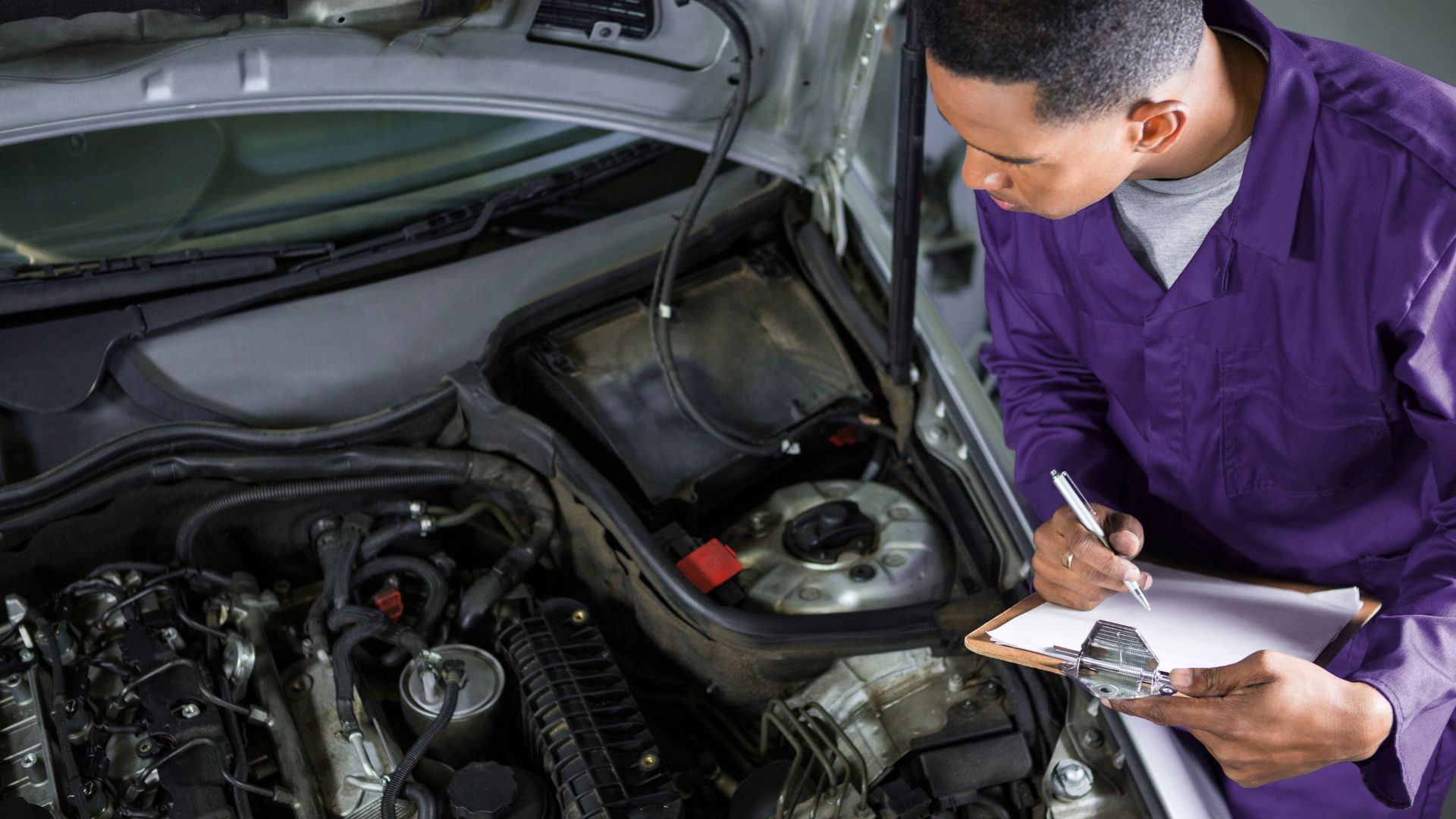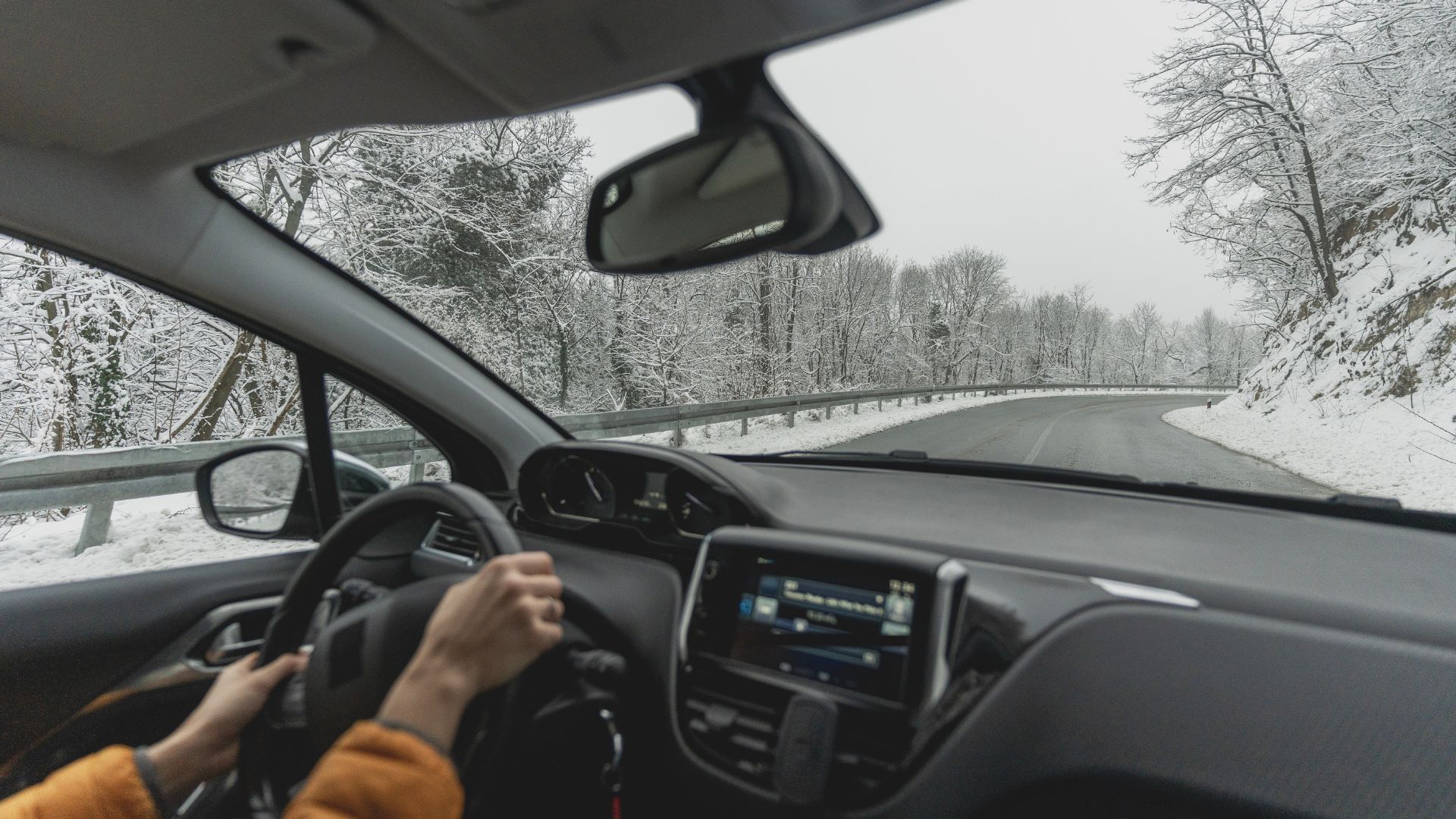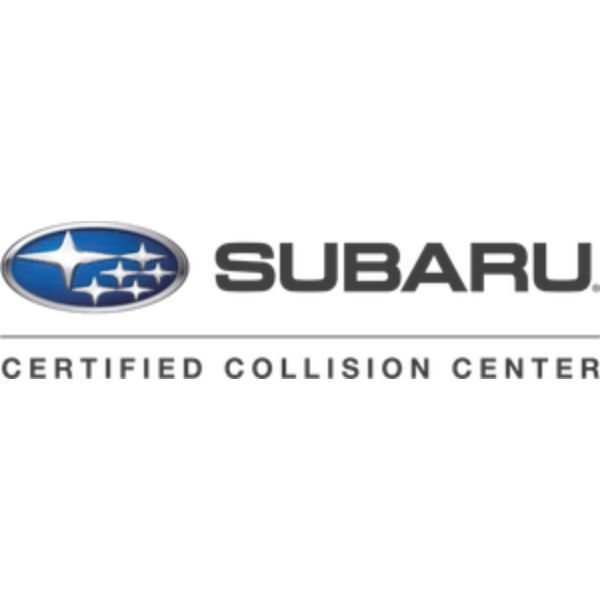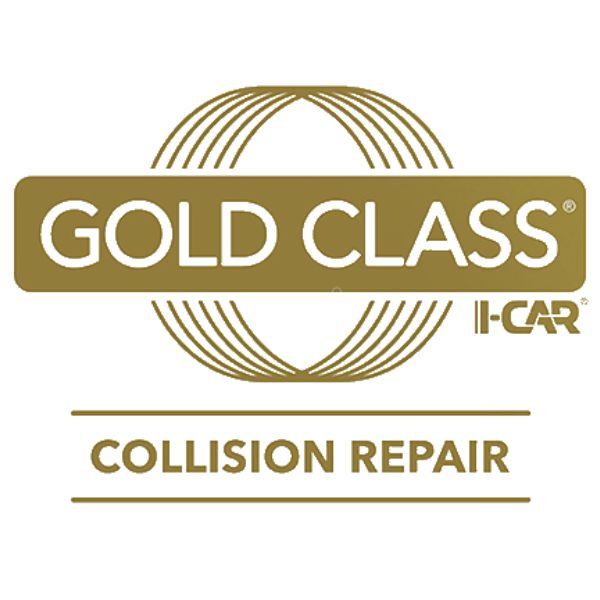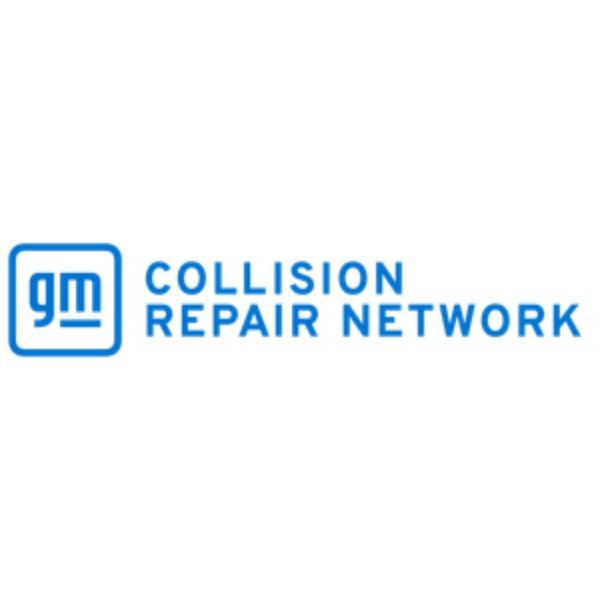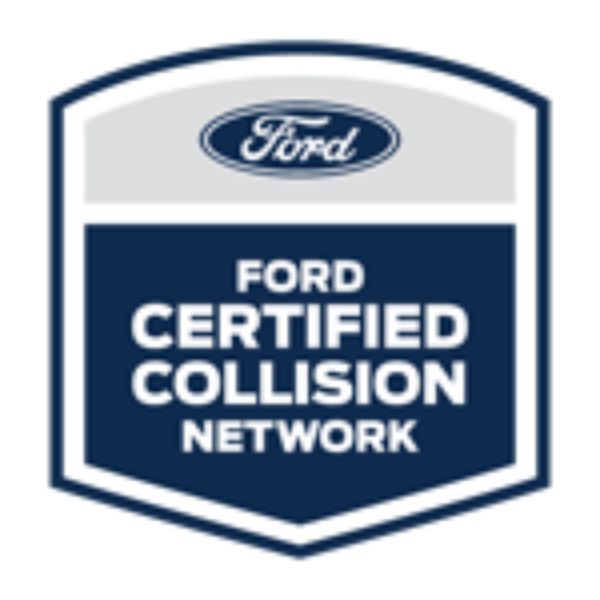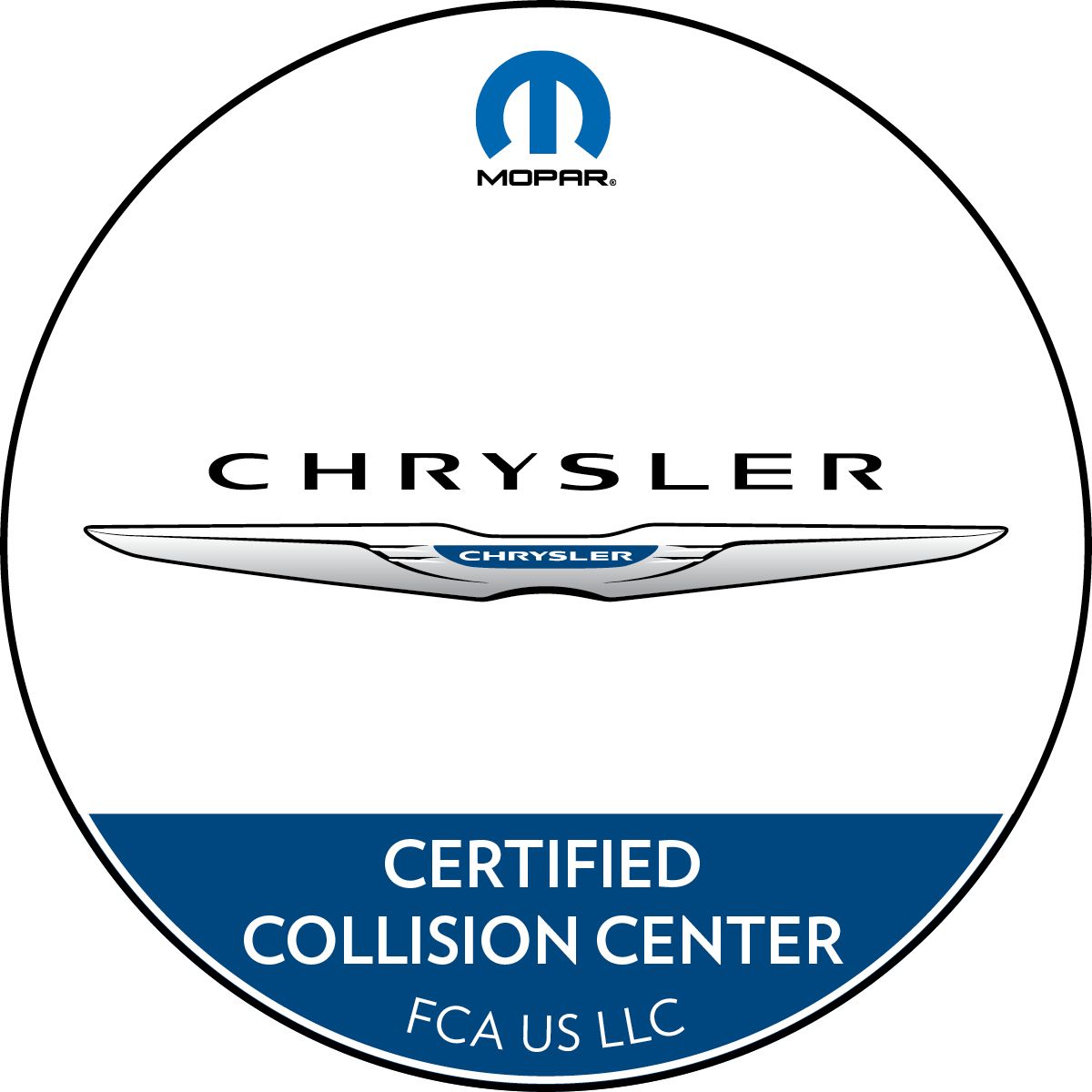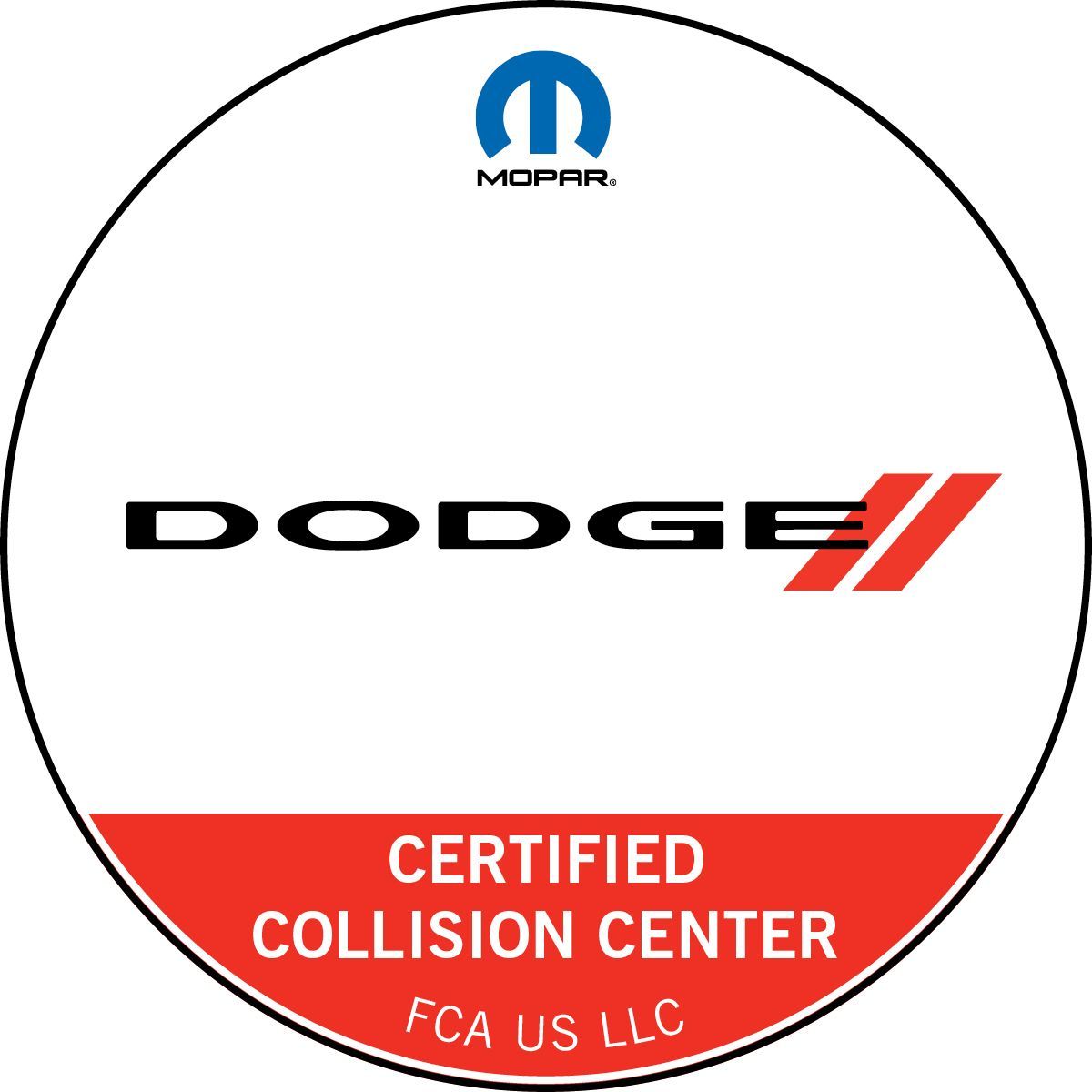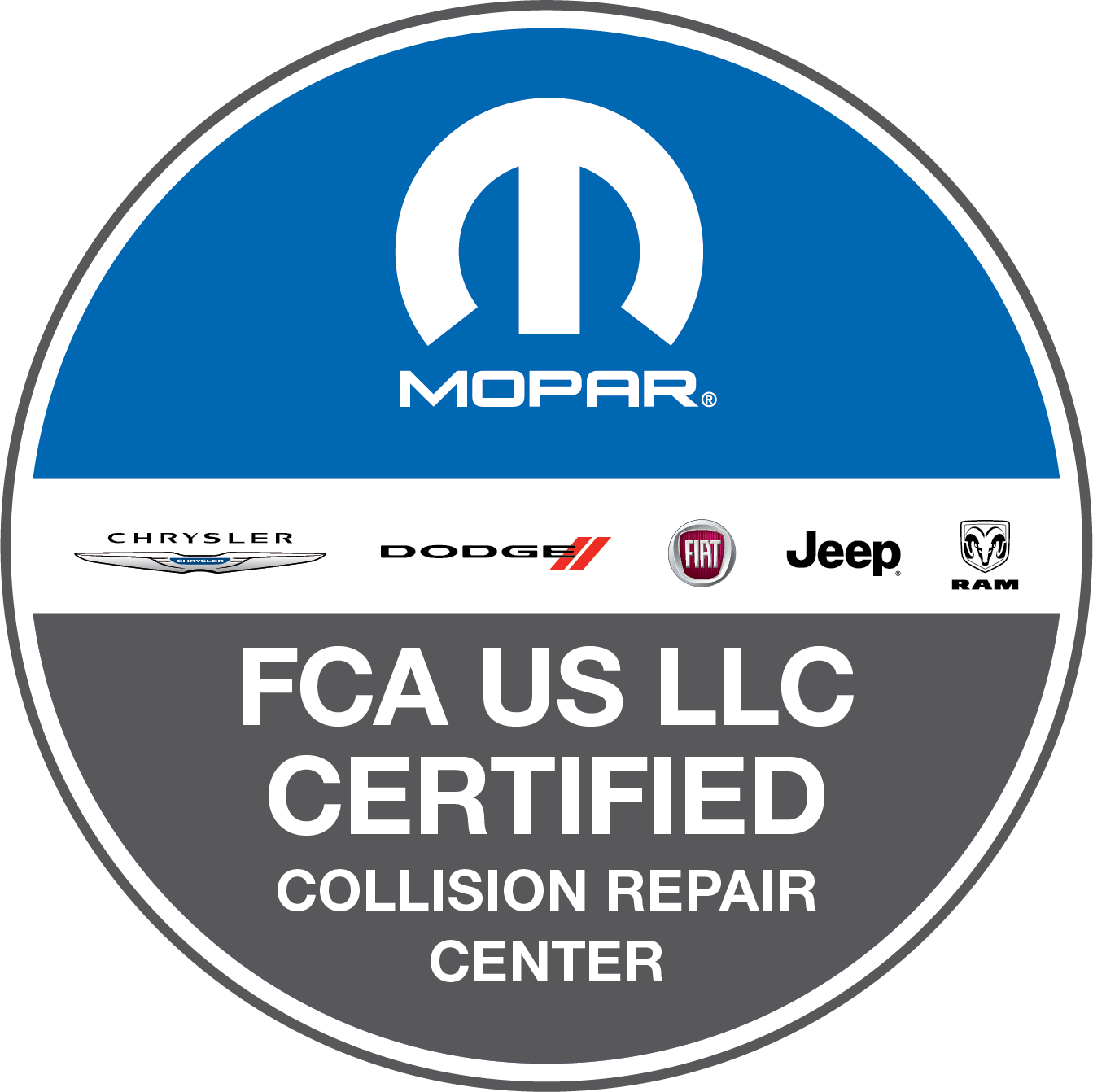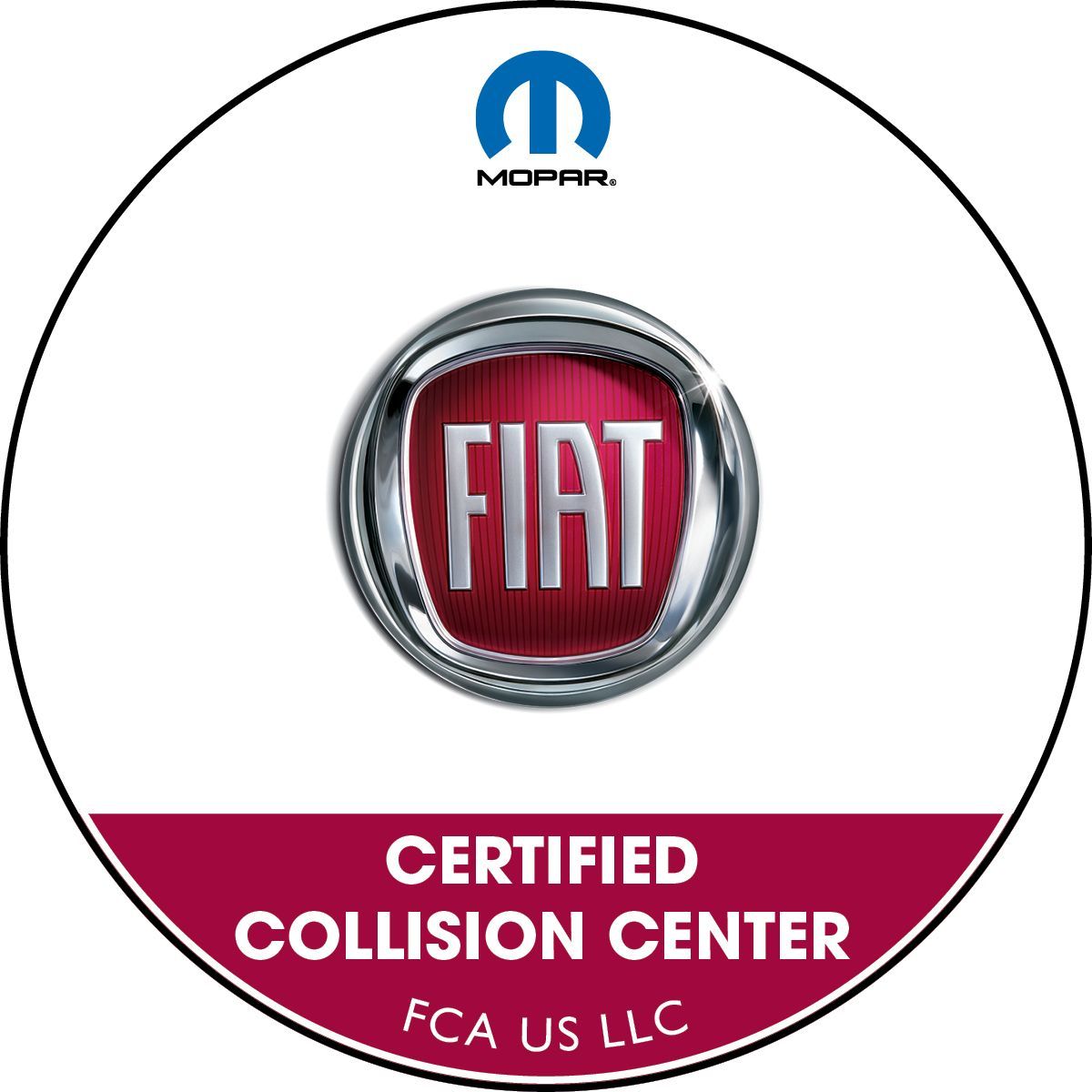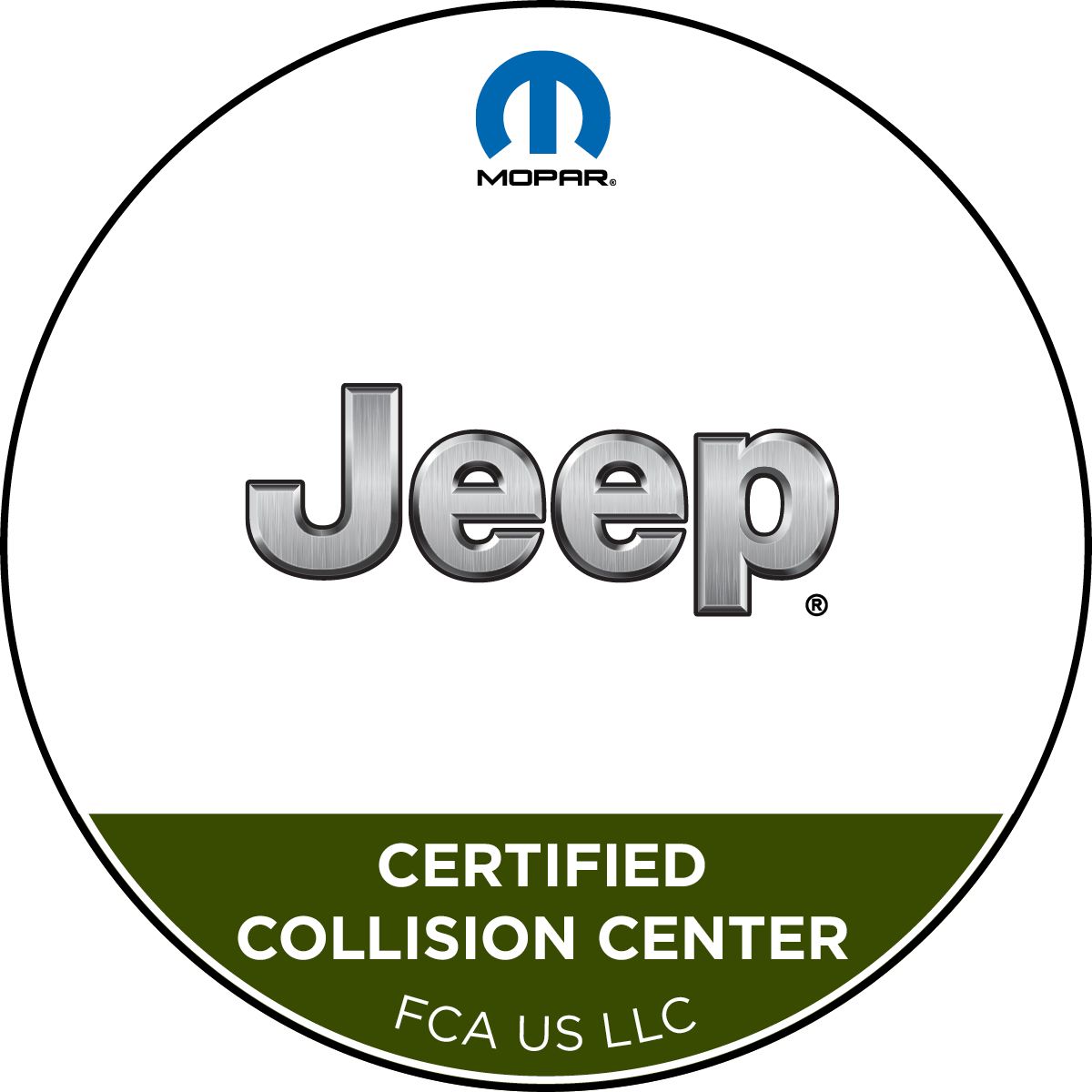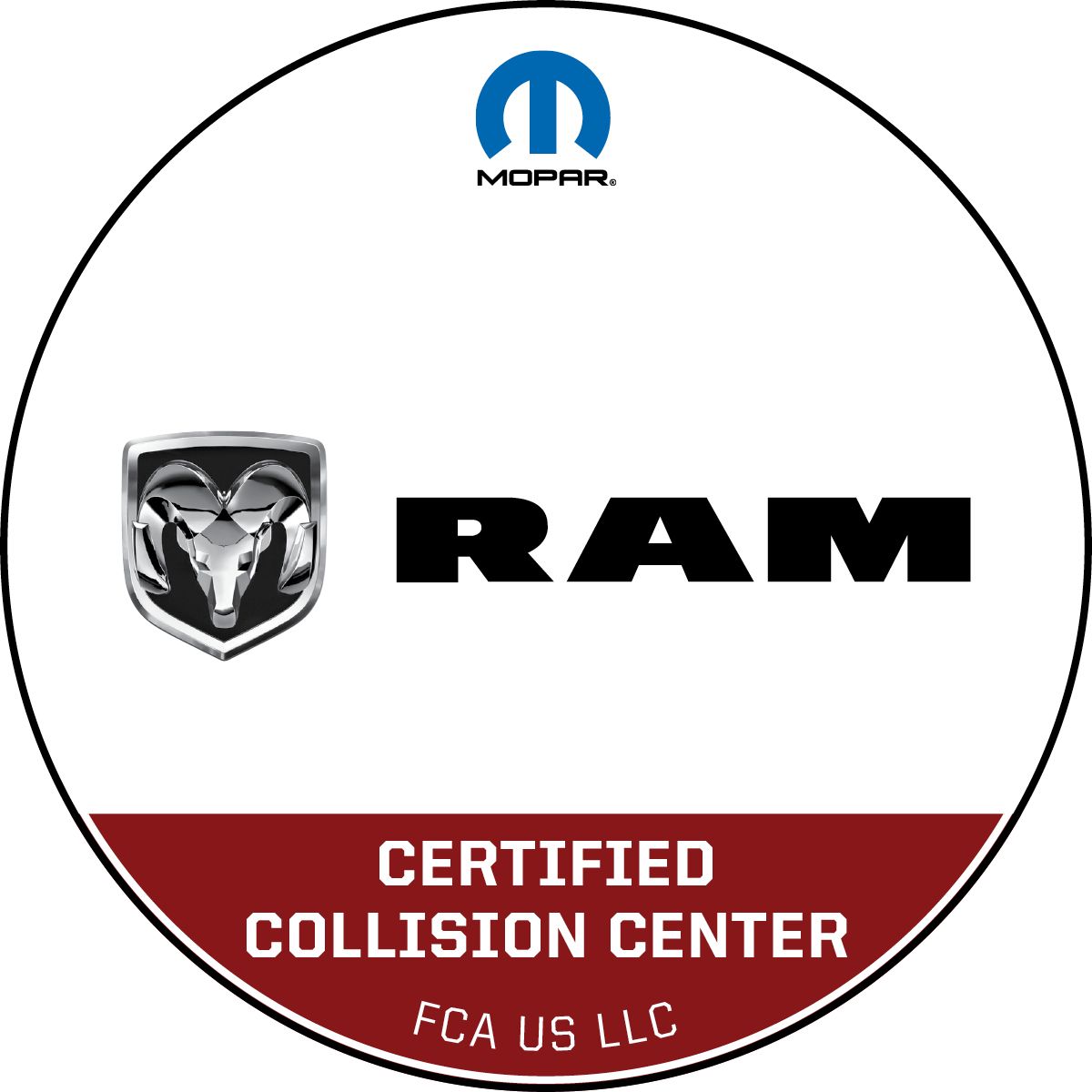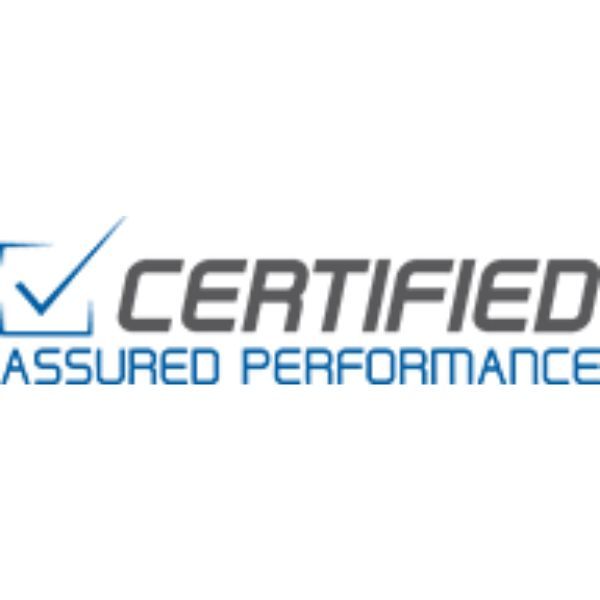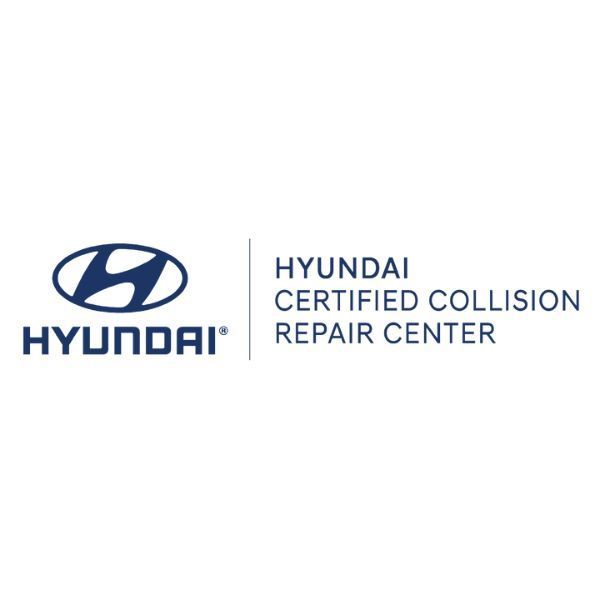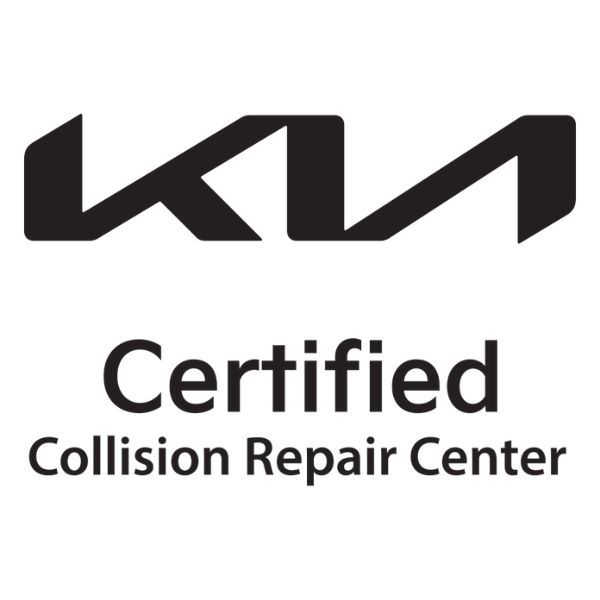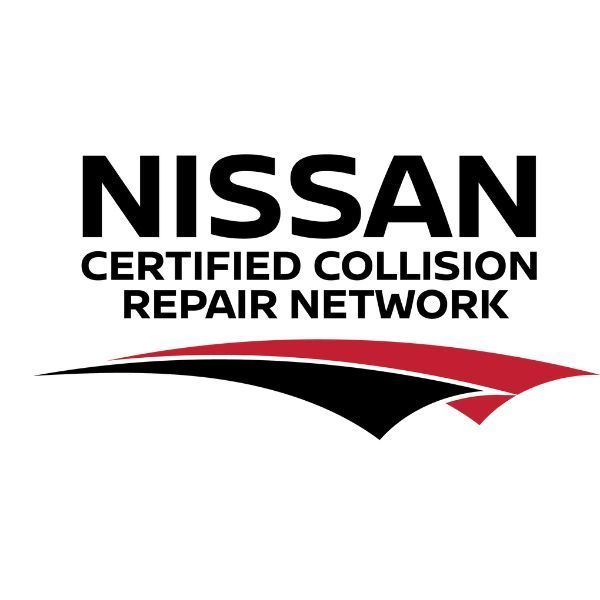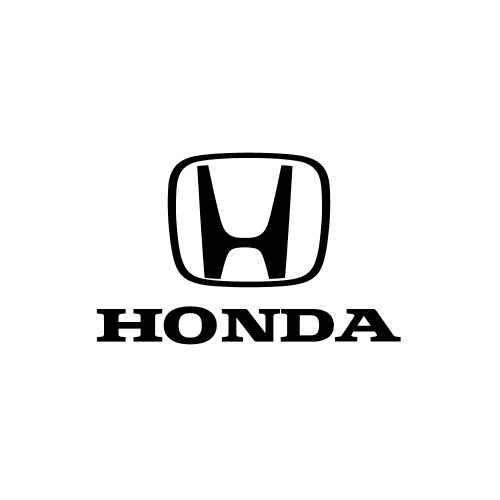5 Signs Your Vehicle Was Damaged in a Minor Collision
Most drivers have been there, you’re pulling out of a parking lot, someone backs up too quickly, or you tap bumpers at a stoplight. The impact feels so small that you might not think much about it. But here’s the truth: even a “minor” accident can cause hidden damage to your vehicle. If left unaddressed, that damage can get worse over time, leading to costly repairs or even safety risks down the road.
At Morrow Collision, we specialize in diagnosing and repairing collision damage of all kinds, from small dents to major structural repairs. And we’ve seen countless cases where what looked like “just a scratch” turned out to be more serious underneath.
Most vehicles have plastic bumpers that can bounce back after a collision but could hide possible damage. Here are five warning signs that your vehicle might have damage after a minor collision, even if you didn’t feel it at the time.
1. Uneven Tire Wear or Alignment Issues
One of the most common hidden problems after a fender-bender is a misaligned suspension or frame. Even a low-speed impact can throw your car’s alignment off balance.
Signs to watch for include:
- Your steering wheel pulling to one side
- Vibrations while driving
- Tires wearing down unevenly
Ignoring these issues can lead to premature tire replacement, poor handling, and reduced safety. A quick post-accident alignment check at a certified collision center like Morrow Collision can help you catch problems early.
2. Strange Noises After the Accident
Does your car make new squeaks, rattles, or grinding sounds after a small bump? Don’t dismiss them. These noises can point to:
- Loosened suspension parts
- Damaged brakes
- Bent frame components
Even if your vehicle looks fine, these sounds indicate that parts of your car may not be functioning correctly. Catching the issue quickly could prevent further damage and keep you safer on the road.
3. Difficulty Opening Doors, Hood, or Trunk
If you’ve noticed your doors or trunk are harder to close or don’t line up properly anymore, that’s a clear sign of structural damage. In many cases, the impact causes subtle frame shifts that throw off your car’s alignment.
Furthermore, if you notice a discrepancy in the size of gaps from one side to the other on your vehicle, such as a wider gap on one side of your hood compared to the other, that could also be an indicator that there may be structural damage.
Not only is this frustrating, but it can also create safety risks especially if your doors or trunk don’t latch securely. At Morrow Collision, our technicians use advanced measuring systems to detect frame shifts and restore your vehicle back to manufacturer specifications.
4. Warning Lights on Your Dashboard
Modern vehicles are full of sensitive sensors that can be affected by even the smallest accidents. After a collision, you may notice warning lights like:
- Check Engine
- ABS (Anti-lock Braking System)
- Airbag system alerts
These aren’t lights to ignore. They indicate that vital safety systems may not function properly if you’re in another accident. A professional collision repair shop can run diagnostics to pinpoint the issue and restore your vehicle’s safety features.
5. Small Dents or Paint Damage That Spread
That little dent or scratch might not bother you now, but it can lead to bigger problems later. Unrepaired dents can expose your car’s frame to rust, especially during wet fall and winter months.
Likewise, paint cracks may worsen with temperature changes, turning a minor cosmetic issue into a major body repair. At Morrow Collision, we offer expert paint and body services to fix damage early, saving you time, money, and stress.
Why You Shouldn’t Ignore Minor Collision Damage
It’s tempting to brush off a low-speed bump or a parking lot tap, but doing so can cost you more in the long run. Even if your car drives normally, unseen damage could affect:
- Safety (airbags, brakes, structural integrity)
- Longevity of your tires, alignment, and suspension
- Resale value of your vehicle
By scheduling an inspection after any collision no matter how small, you’ll gain peace of mind knowing your vehicle is safe and fully repaired.
Trust Morrow Collision for Expert Auto Body Repair
At Morrow Collision, we’ve been helping drivers in Lincoln, Nebraska and surrounding areas for over 20 years with trusted, high-quality collision repair services. Our certified technicians use the latest technology to spot hidden damage and bring your vehicle back to pre-accident condition. We work with all major insurance companies, making the repair process smooth and stress-free.
Whether it’s a tiny dent or a bigger repair, our goal is the same: keep you safe, protect your investment, and get you back on the road quickly.
Contact us to schedule your post-collision inspection with Morrow Collision today and let us take care of the rest.
Share
More Blog Posts
